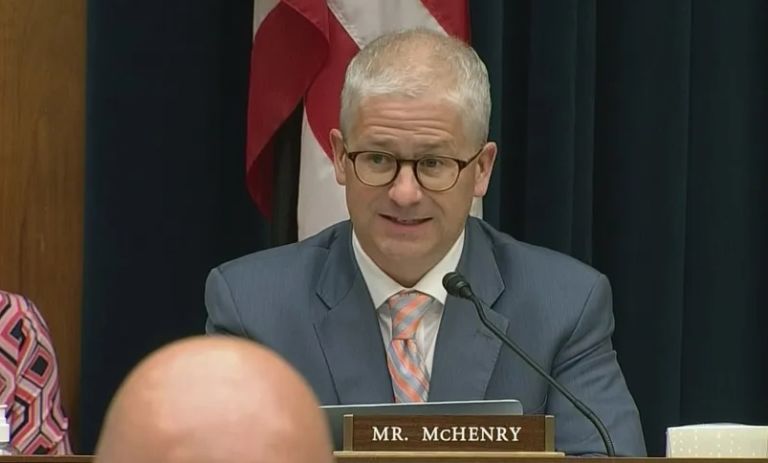Zachary Halaschak of the Washington Examiner highlights one likely consequence of a disturbing Democratic tax proposal.
A Democratic plan to counter inequality by taxing unrealized capital gains of billionaires could harm the growth of companies and imperil their founders’ influence.
The plan, just one on a menu of options being formulated by Senate Finance Committee Chairman Ron Wyden to pay for Democrats’ multitrillion-dollar infrastructure and social spending plan, has garnered the support of President Joe Biden but comes with several unanswered questions and challenges.
While exact details about the plan have not been released, the idea would be to tax annually the unrealized capital gains of individuals whose wealth exceeds $1 billion. …
… The plan differs from the current tax regime in that gains would be taxed even if they are not realized. Today, billionaires whose investments grow in value are taxed on those increases, known as capital gains, when assets are sold. …
… Many liberals have sought new forms of capital gains or wealth taxes as a means of taxing the very wealthy, who generally accrue fortunes through investments rather than through salaries. The tax would hit the ultrawealthy, but it could also have an effect on businesses. A concern among some economists and tax advocates is that under the plan, if a billionaire saw large unrealized capital gains one year, they might need to liquidate assets in order to pay that tax bill.
For example, say that an entrepreneur invested $80,000 of his own money into a majority of the shares of a public company he started. The entrepreneur’s startup soon takes off and the value of his shares balloons to $1.5 billion. Because he is technically a billionaire, he may be taxed on gains of his company’s stock under the plan. But, although worth more than $1 billion because of the stock, the entrepreneur has little cash or savings.
Given that the entrepreneur doesn’t have enough money held in other forms to cover a massive tax bill, the entrepreneur could be forced to liquidate shares of the company to pay the IRS.


